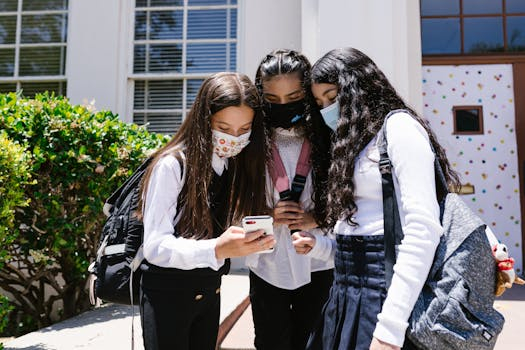Service learning projects connecting kids to communities
In today’s society, it is important for children to not only excel academically, but also be active members of their communities. This is where service learning projects come into play. Service learning is a teaching method that combines meaningful community service with instruction and reflection to enrich the learning experience. In this article, we will explore the benefits of service learning projects in connecting kids to their communities and how it can shape them into responsible and compassionate individuals.
The Importance of Service Learning Projects
Service learning projects are a valuable tool in connecting kids to their communities. Unlike regular community service, service learning combines hands-on experience with classroom instruction. This allows children to not only actively participate in projects and activities, but also learn about the issues and needs of their community.
Service learning projects can be in various forms such as volunteering at a local charity, organizing a fundraiser, or even creating a community garden. These projects not only benefit the community, but also allow children to develop important skills such as teamwork, problem-solving, and leadership.
Connecting Kids to their Communities
Fosters Empathy and Understanding
One of the main benefits of service learning projects is that it helps children develop empathy and understanding towards others. By actively participating in projects, children are able to witness firsthand the struggles and challenges faced by members of their community. This creates a sense of connection and understanding, helping them to become more compassionate individuals.
Through service learning, children are also able to interact with people from different backgrounds and cultures. This exposure helps them to break down stereotypes and develop a more open-minded perspective.
Encourages Active Citizenship
Service learning projects also play a vital role in instilling a sense of active citizenship in children. By actively contributing to their community, children learn that they have the power to make a positive impact and be agents of change. This not only helps in building their self-esteem and confidence, but also prepares them to become responsible and engaged citizens in the future.
By connecting kids to their communities through service learning, we are nurturing a generation of individuals who are actively involved in making a difference in the world.
The Impact of Service Learning on Children
Academic Performance
Many studies have shown that service learning has a positive impact on academic performance. By connecting classroom instruction to real-life experiences, children are able to better understand and retain information. Through service learning, children are also able to develop critical thinking skills, enhancing their academic abilities.
Personal Development
Service learning also plays a key role in the personal development of children. By exposing them to different experiences, children are able to develop important life skills such as time management, communication, and problem-solving. This helps them to become well-rounded individuals and prepares them for future challenges.
Enhances Career Opportunities
Participating in service learning projects also helps children to develop important skills that are sought after by employers. As children engage in different projects, they are able to discover their interests and strengths, helping them to make more informed career choices in the future.
Conclusion
Service learning projects play a crucial role in connecting kids to their communities. By actively participating in projects and activities, children develop important skills and values that will benefit them in the long run. It is important for schools and communities to incorporate service learning into the curriculum, as it not only benefits the community, but also nurtures responsible and compassionate individuals.










